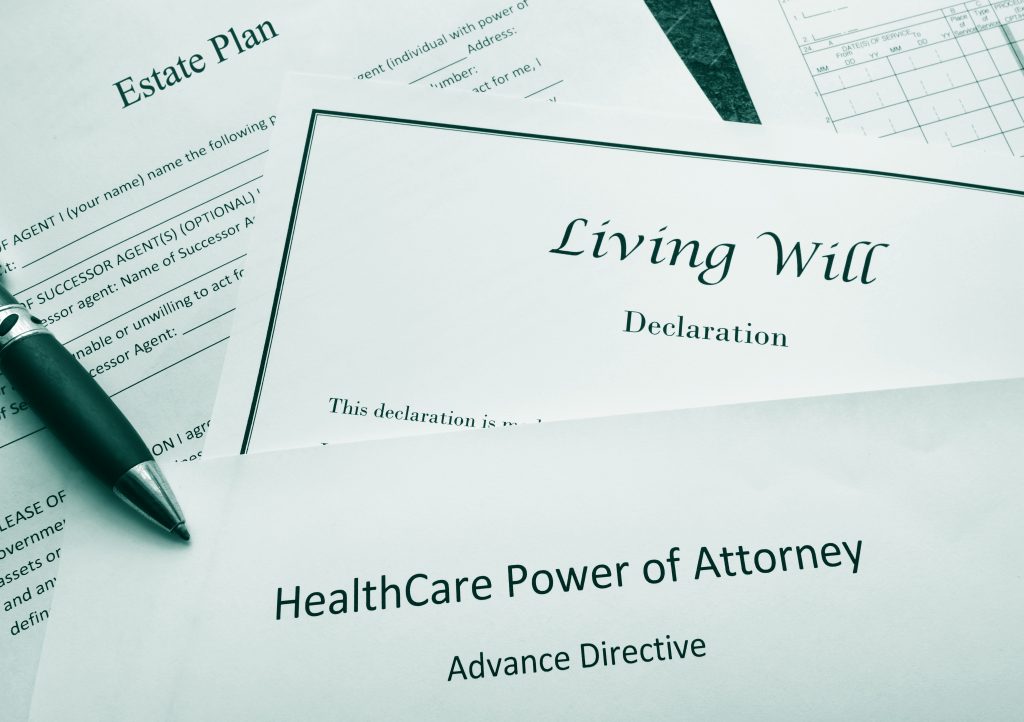Would Lasting Lasting Power of Attorney Or Will Remain in Effect After Divorce?

Being able to entrust your spouse – your trusted life partner – to care for your needs and manage your affairs in the event of an unfortunate circumstance offers great comfort to many.
Delegating your authority by legal instruments such as a Lasting Power of Attorney (LPA) or a Will ensures that your spouse shall have the relevant powers to act on your behalf in the event that you lack mental capacity to make a decision for yourself or you meet your demise respectively.
However, in an unfortunate case where spouses decide to end their marriage, would a LPA or a Will where your spouse is appointed remain in effect?

Lasting Power of Attorney
A LPA is a legal instrument which allows a person (the “donor”) to delegate authority to another person called the “donee” to manage his/her personal welfare and/or property and affairs in the event that the donor loses his/her mental capacity.
The LPA comes into effect when the donor loses his/her mental capacity.
What is Personal Welfare
- Day-to-day activities
- What you eat
- Where you live
- What you wear
- Healthcare matters like which doctor to visit
What is Property and Affairs
- Your house (flat, condo, office unit etc), whether to keep or sale, or rent out, or take mortgage
- Manage your bank account(s)
- Stocks and shares and how to invest in them
- Using your monies to buy items for your healthcare and other needs
- How to run your business or to terminate it
- Etc.
I do not have an LPA
If you do not have a valid LPA, your loved ones would be required to file an application for Deputyship from the Family Justice Courts in order to obtain the relevant authorities to act on behalf of you thus incurring more cost and wasting precious time.
It may also promote internal family disputes on who should apply to court, who to pay for legal fees, and how to care for the donor pending the court order is released.
Effects of Divorce- LPA DOES NOT AUTOMATICALLY LAPSE
More pertinently, where a donor has appointed his/her spouse as the donee in the LPA, the dissolution or annulment of the marriage between the husband and wife DOES NOT AUTOMATICALLY void the appointment of a done unless the LPA had specifically provided that it was to do so (Section 15(8) of the Mental Capacity Act (Cap. 177A)).
It is prudent for divorcing couple to process the revocation of the LPA as soon as possible.
I Do not Wish to Still be the Donee of my Divorced Spouse
Inevitably, if you are concerned that your ex-spouse or soon-to-be ex-spouse continues to have the authority to take care of your affair and monies even during the divorce process or after divorce, where you can no longer trust him/her, you may revoke the LPA as soon as possible before mental incapacitation takes place!
You may revoke the LPA by notifying the Public Guardian and the donee (i.e. your ex-spouse) of the revocation. Although consent by the donee is generally required by the Public Guardian, but you may take the necessary steps to notify the donee in order for the Public Guardian to allow the revocation (Section 21 of the Mental Capacity Regulations 2010) if the donee is uncooperative or cannot be found.
Will
A Will becomes effective only when the person making the Will (the “testator/testatrix”) has passed away. The testator/testatrix may appoint one or more persons (the “executor(s)”) to distribute the estate in accordance to his/her wishes and intentions.

Effects of Divorce
If you appoint your spouse as the executor in the Will, the dissolution or annulment of the marriage between the couple DOES NOT void the appointment of executorship in the Will. As such, the spouse shall remain as the appointed executor unless the necessary steps are taken.
In order to remove the ex-spouse as an executor in the Will, the testator/testatrix must execute a fresh Will thus rendering the previous Will invalid.
In the event that you remarry, your current Will shall be revoked by his/her marriage thus removing the appointment of executorship from his/her ex-spouse (Section 13 of the Wills Act (Cap. 352)).
For assistance on estate planning and family law issues, please call Yeolaw family lawyers on 62203400 to arrange a phone appointment with one of our family law experts.

